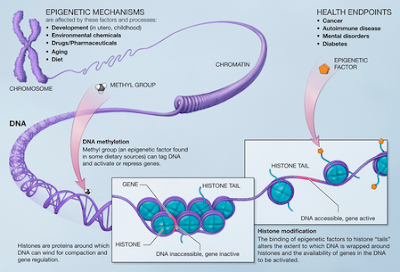 |
| Once I was this then I became that, and here I am in the middle looking forward and back. |
 |
| What can blood and microscopic strands tell us? |
Do I have the potential to survive among the Sámi/Sapmi, the indigenous Scandinavian people of
- A new kind of genetic testing? Go back up to 50 generations until we were all Black, Aboriginal, Out of Africa hominids crawling north. :)
- I think I might be Chinese: One of the Tocharians
- What were whites doing in Asia? Tarim mummies
- My muddy, spectacular trek up Rwanda’s Mount Bisoke (outpostmagazine.com)
It goes much deeper. If I identify with THIS body, who am I? For that the Buddha answered in ultimate terms (Abhidhamma), talking about the jiva (lifeforce or "impersonal soul" even if that appears paradoxical) and observable particles (kalapas/atoms) that make up our being.
What is DNA testing?
 |
| Venus figurine: womanhood in Old Europe |
Its main use for mass consumers is to determine biological relatives, such as paternity testing (who the genetic mother and father are) or to broadly predict an individual's ancestry.
Epigenetics (above-genetics) matter more because they are the sets of instructions (at the top of strands) -- mediated by environment -- that turn expression of our genes on and off. We express part of what we have, but we do not have to express it. We can turn it on and off from the outside.
 |
| If only I could see Mengele's notes, that'd be... |
Early forms of genetic testing began in the 1950s, involving counting the number of chromosomes per cell. In the 1970s, a method to stain specific regions of chromosomes, called chromosome banding, was developed that allowed more detailed analysis of chromosome structure and diagnosis of genetic disorders that involved large structural rearrangements.
In addition to analyzing whole chromosomes (cytogenetics), genetic testing has expanded to include the fields of molecular genetics and genomics which can identify changes at the level of individual genes, parts of genes, or even single nucleotide "letters" of DNA sequence. One study estimated that as of 2018 there were more than 68,000 genetic tests on the market.



























































































































































































































































No comments:
Post a Comment